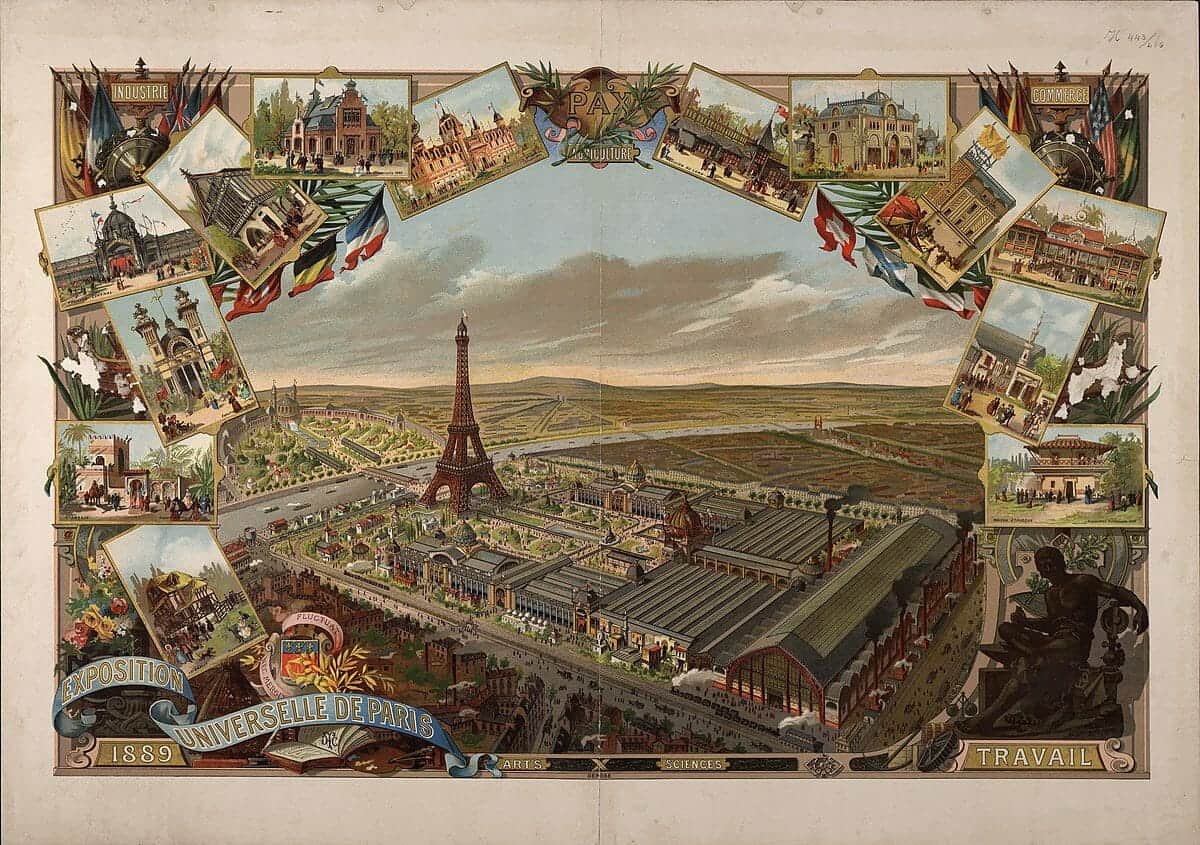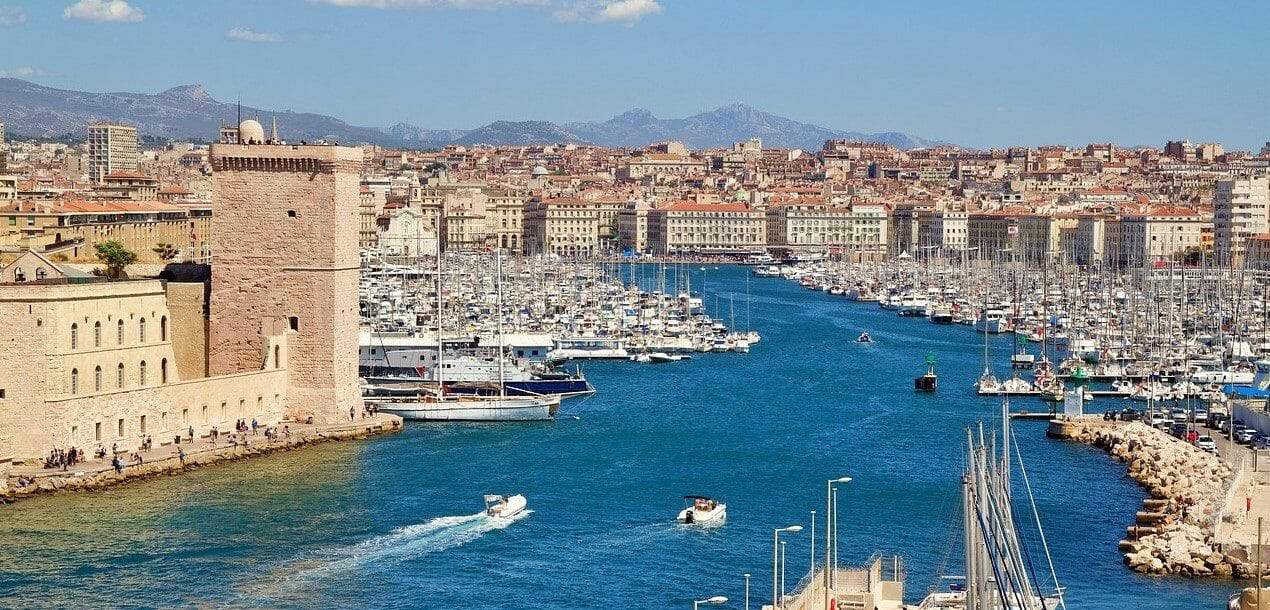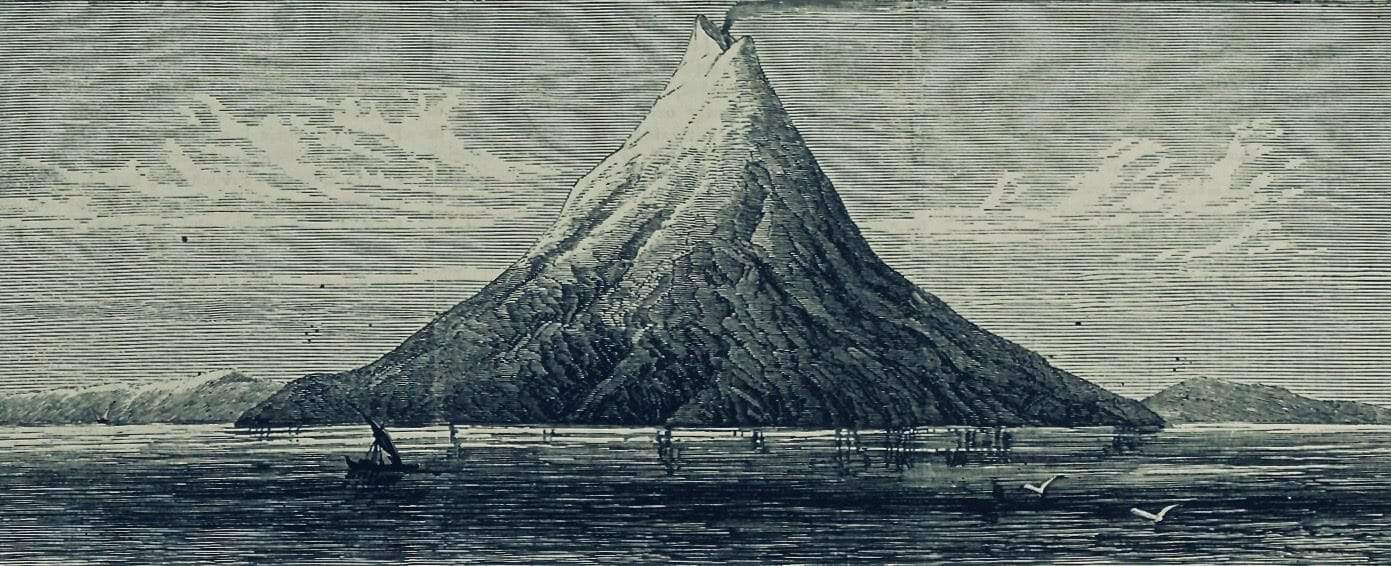|By Lorna Ashton, Field Sales Executive – France|
The International Herald Tribune, founded in Paris in October 1887 as the European Edition of the New York Herald, was a newspaper for American expatriates in Paris, often referred to as “The Paris Herald”. It offered vast coverage of not only Parisian or French culture and events, but of Europe more broadly. Sought out by readers seeking international news throughout Europe and beyond, it became a leading international newspaper worldwide. By 2007, it was published in as many as 33 different countries.
Covering the years 1887 to 2013, The International Herald Tribune Historical Archive traces the history of the twentieth century and evolutions in society, from luxury travel and entertainment to technological developments. Thus I decided that I would use this archive to explore the development of tourism in France and beyond, and how it was linked to innovation and technological progress.



